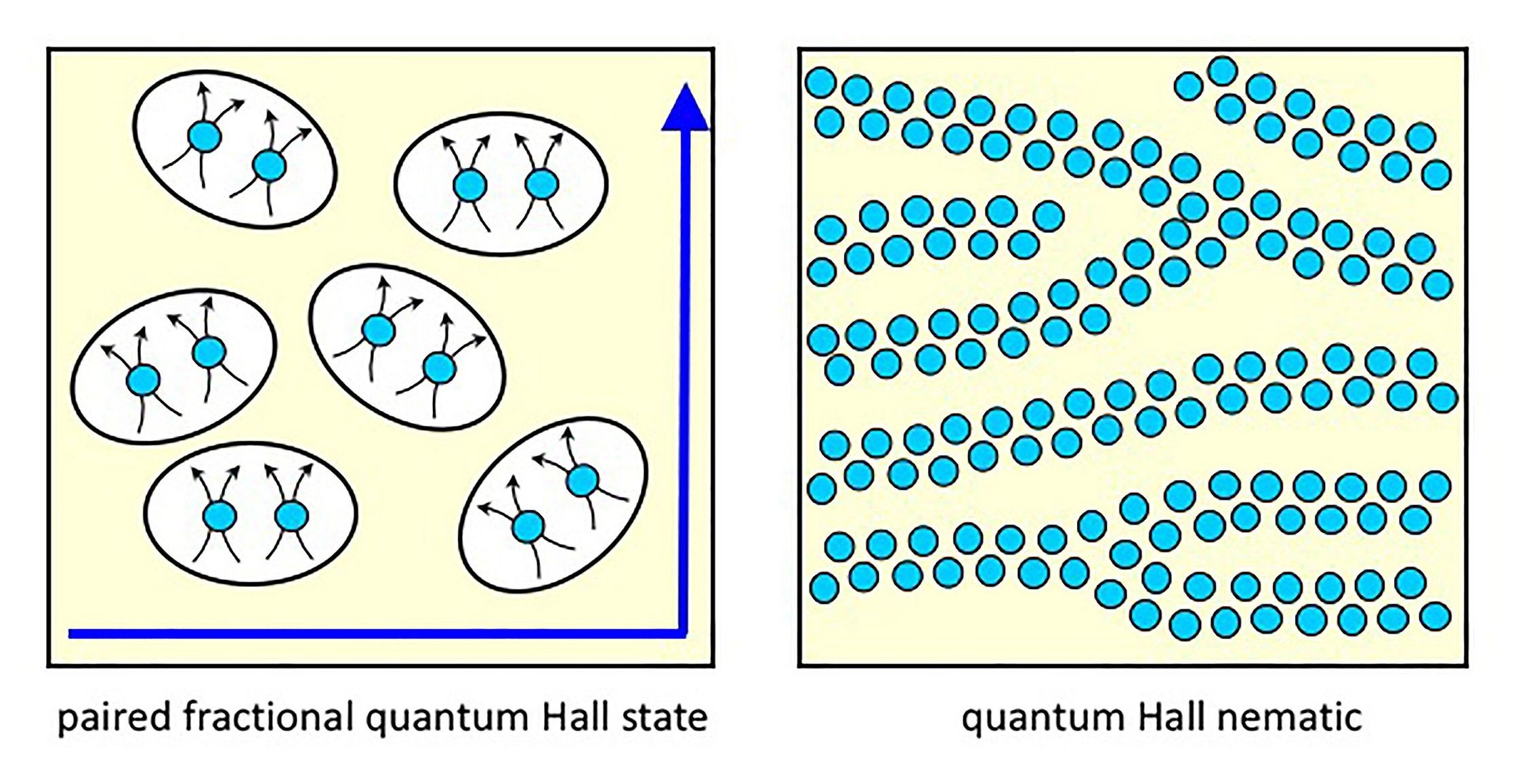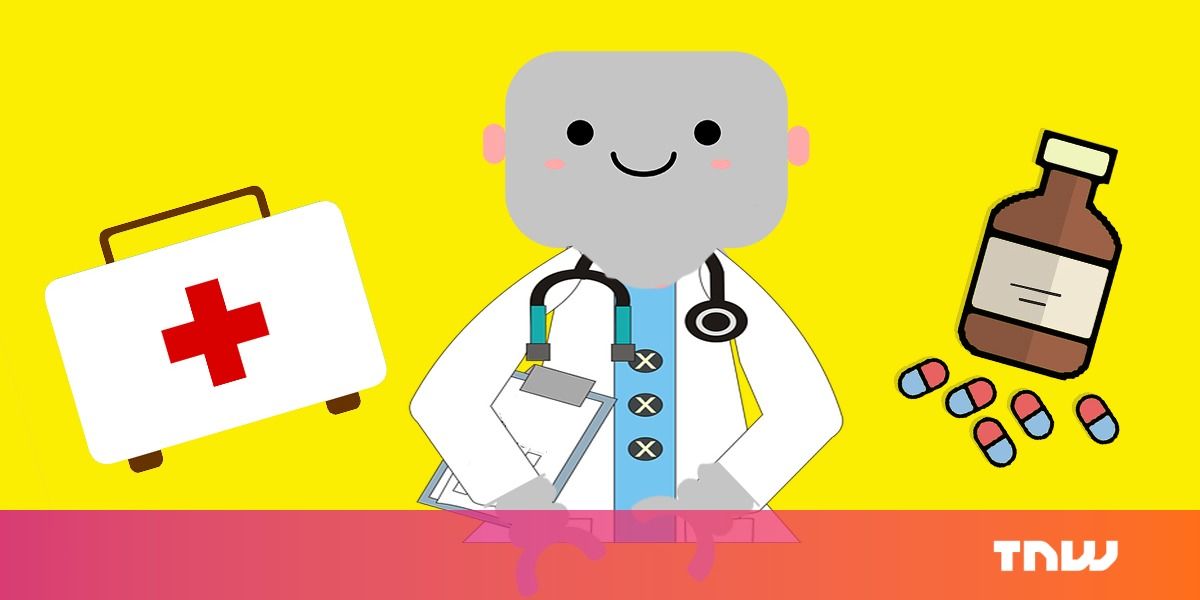Meet Zhong Zhong and Hua Hua, the first monkeys to ever be cloned 😱 🐵 🐵.
Get the latest international news and world events from around the world.

Urgent need to prepare for manmade virus attacks, says US government report
Report warns that swift progress in our ability to manufacture viruses is making us vulnerable to biological attacks.
Ian Sample Science editor.

Could coffee replace insulin injections for diabetics?
Scientists have developed an implant which releases diabetes medication when it senses caffeine in the blood.
Ian Sample Science editor.

Interaction of paired and lined-up electrons can be manipulated in semiconductors
The way that electrons paired as composite particles or arranged in lines interact with each other within a semiconductor provides new design opportunities for electronics, according to recent findings in Nature Communications.
What this means for semiconductor components, such as those that send information throughout electronic devices, is not yet clear, but hydrostatic pressure can be used to tune the interaction so that electrons paired as composite particles switch between paired, or “superconductor-like,” and lined-up, or “nematic,” phases. Forcing these phases to interact also suggests that they can influence each other’s properties, like stability – opening up possibilities for manipulation in electronic devices and quantum computing.
“You can literally have hundreds of different phases of electrons organizing themselves in different ways in a semiconductor,” said Gábor Csáthy, Purdue professor of physics and astronomy. “We found that two in particular can actually talk to each other in the presence of hydrostatic pressure.”
Cataract Removal Surgery
How surgeons remove cataract from the eye.
IBM Debater supercomputer argues against a human in landmark AI debate
Neither the machine or nor the professional human debaters were given prior knowledge of the subject of the on-stage debate, which took place in San Francisco on Monday.


Google says its AI is better at predicting death than hospitals
Nature article presents an AI developed by Google’s Medical Brain team which outperforms hospitals’ own warning system in predicting the death risk among hospit…al patients.
Google’s Medical Brain team is now training its AI to predict the death risk among hospital patients — and its early results show it has slightly higher accuracy than a hospital’s own warning system.
Bloomberg describes the healthcare potential of the Medical Brain’s findings, including its ability to use previously unusable information in order to reach its predictions. The AI, once fed this data, made predictions about the likelihood of death, discharge, and readmission.
In a paper published in Nature in May, from Google’s team, it says of its predictive algorithm:

Sugarcoating aging won’t fight ageism
Glossing over the fact ageing is a chronic decline in function won’t help with anything, let alone ending ageism.
At times, I think that I have written enough rejuvenation advocacy articles and that every time I write a new one, I’m just repeating myself. I sometimes say to myself that I’ve written about concerns and misconceptions from so many angles that I’ve probably exhausted all the options. However, from time to time, there comes the bittersweet reassurance that I’m not going to be out of a job any time soon.
The culprit
I came across a Refinery29 article titled “‘Anti-Aging’ Is Officially Being Phased Out—& That’s Good News For Women.” The article summarizes, and wholeheartedly agrees with, a report by the Royal Society For Public Health, “That Age Old Question”. The report endeavors to expose ageism and help end discrimination against older people, but while it does make a handful of valid points, it seems to suggest that sweeping the true nature of aging under the rug will help to end ageism.
